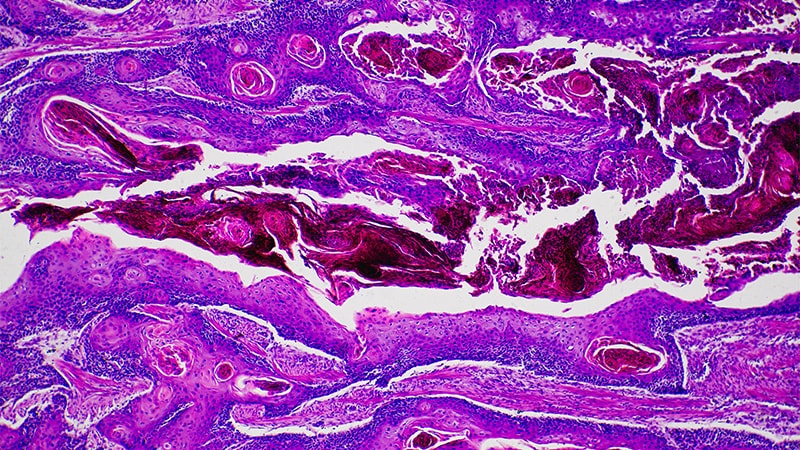Takeaway
- The corticosteroid prednisone is linked to a high rate of mood changes in patients being treated for flare-ups of inflammatory bowel disease (IBD).
Why this matters
- More research is needed to find ways to minimise these adverse events; in the meantime, healthcare providers should inform patients before starting corticosteroid therapy for IBD, and monitor them closely during treatment.
Study design
- Researchers studied adult outpatients treated with prednisone for IBD flare-ups (N=53; mean age, 40±15 years; age range, 21-68 years; 49.1% women).
- They assessed patient mood states with the Beck Depression Inventory II and the Activation subscale of Internal State Scale version 2, and monitored disease activity with the Harvey-Bradshaw Index and Simple Clinical Colitis Activity Index.
- Funding: Procter & Gamble-Canadian Association of Gastroenterology Resident Research Award.
Key results
- The rate of patient mood changes after a median of 15 (range, 7-32) days of treatment was 49.1%.
- All but 1 of these patients had increases in manic symptoms that returned to pretreatment levels after treatment was complete; 4 had concomitant depression.
Limitations
- The study was single-centre with a small sample and no control group.
- Researchers did not monitor patient adherence to corticosteroid therapy.
References
References



